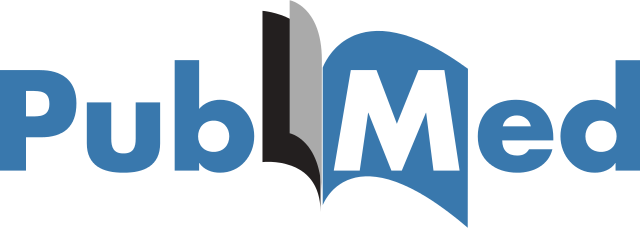
Finding good research can be tough, especially when so much of it is locked behind paywalls. But there are plenty of free resources out there if you know where to look. So to help out, we’ve compiled a list of ten free academic search engines and databases that you should check out.
1. Google Scholar
Even if you’ve not used Google Scholar before, you’ll know Google. And, thus, you can probably guess that Google Scholar is a search engine dedicated to academic work. Not everything listed on Google Scholar will be freely available in full. But it is a good place to start if you’re looking for a specific paper, and many papers can be downloaded for free.
2. CORE
CORE is an open research aggregator. This means it works as a search engine for open access research published by organisations from around the world, all of which is available for free. It is also the world’s largest open access aggregator, so it is a very useful resource for researchers!

3. Bielefeld Academic Search Engine (BASE)
Another dedicated academic search engine, BASE offers access to more than 140 million documents from more than 6,000 sources. Around 60% of these documents are open access, and you can filter results to see only research that is available for free online.
4. Directory of Open Access Journals (DOAJ)
The Directory of Open Access Journals (DOAJ) is a database that lists around 12,000 open access journals covering all areas of science, technology, medicine, social science and the humanities.
5. PubMed
PubMed is a search engine maintained by the NCBI, part of the United States National Library of Medicine. It provides access to more than 29 million citations of biomedical research from MEDLINE, life science journals and online books. The NCBI runs a similar search engine for research in the chemical sciences called PubChem, too, which is also free to use.
Find this useful?
Subscribe to our newsletter and get writing tips from our editors straight to your inbox.

6. E-Theses Online Service (EThOS)
Run by the British Library, EThOS is a database of over 500,000 doctoral theses. More than half of these are available for free, either directly via EThOS or via a link to a university website.
7. Social Science Research Network (SSRN)
SSRN is a database for research from the social sciences and humanities, including 846,589 research papers from 426,107 researchers across 30 disciplines. Most of these are available for free, although you may need to sign up as a member (also free) to access some services.
8. WorldWideScience
WorldWideScience is a global academic search engine, providing access to national and international scientific databases from across the globe. One interesting feature is that it offers automatic translation, so users can have search results translated into their preferred language.

9. Semantic Scholar
Semantic Scholar is an ‘intelligent’ academic search engine. It uses machine learning to prioritise the most important research, which can make it easier to find relevant literature. Or, in Semantic Scholar’s own words, it uses influential citations, images and key phrases to ‘cut through the clutter’.
10. Public Library of Science (PLOS)
PLOS is an open-access research organisation that publishes several journals. But as well as publishing its own research, PLOS is a dedicated advocate for open-access learning. So if you appreciate the search engines and databases we’ve listed here, check out the rest of the PLOS site to find out more about their campaign to enable access to knowledge.


